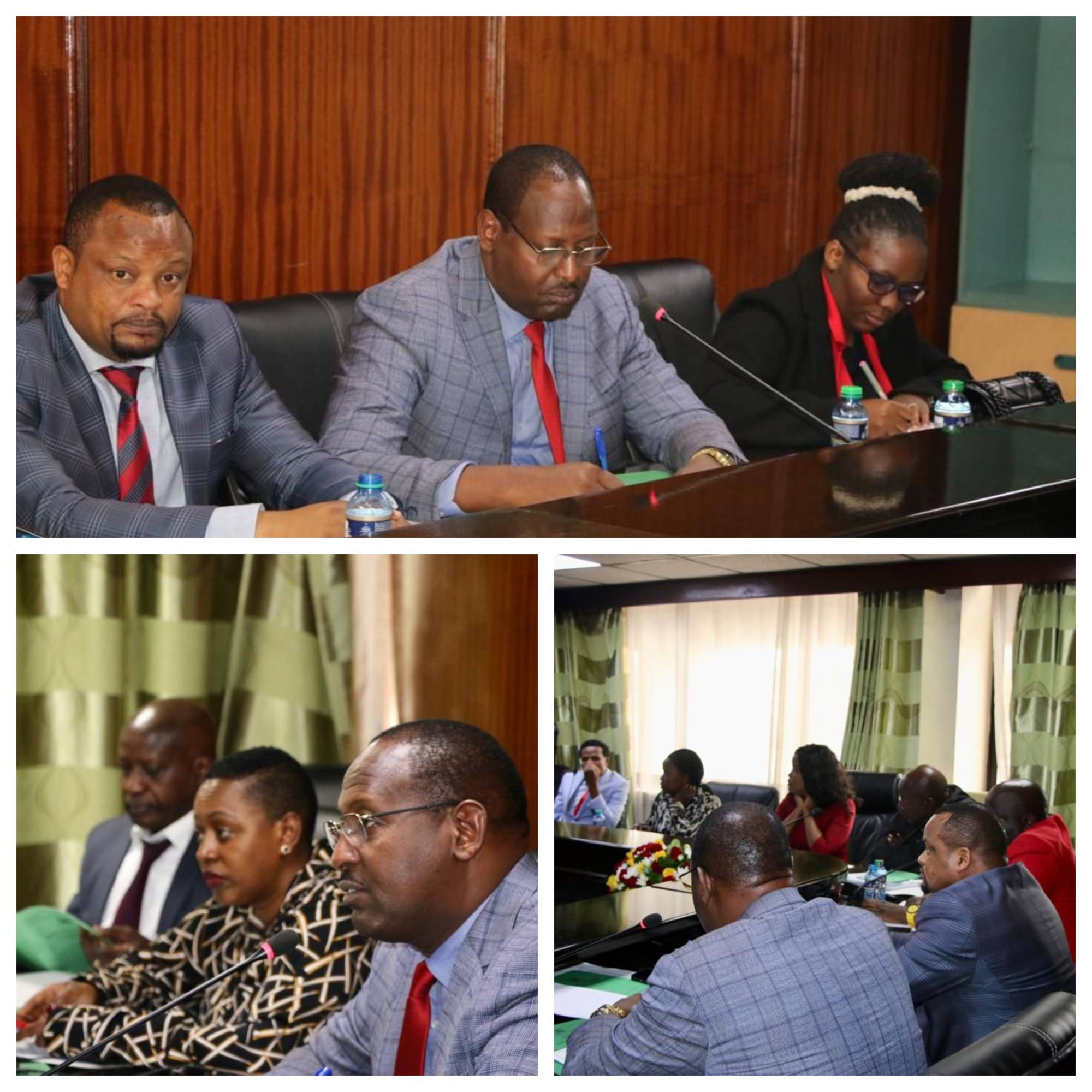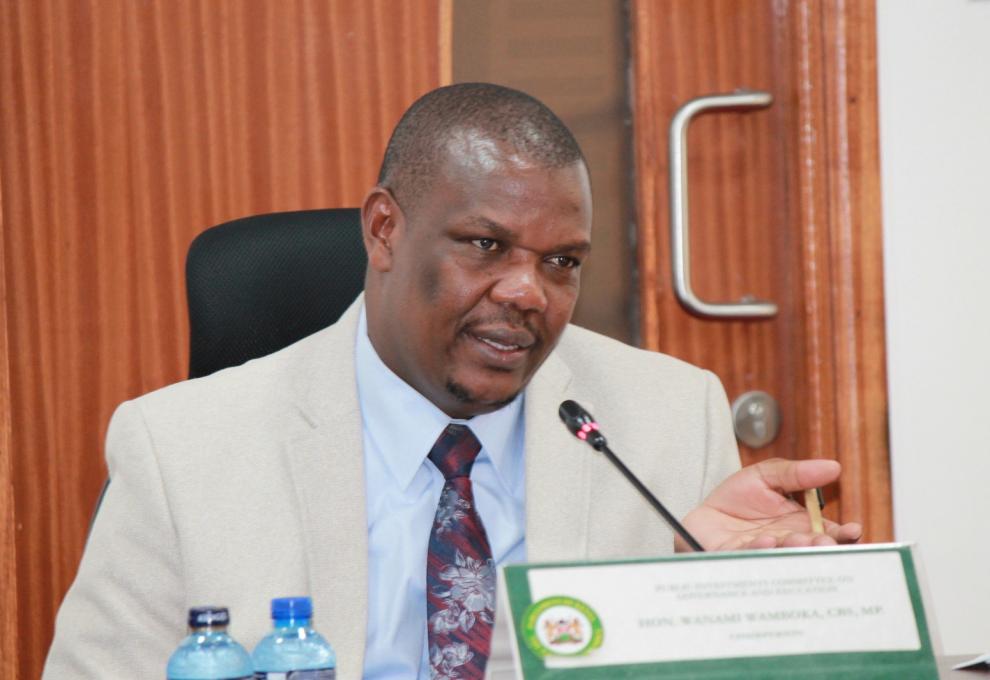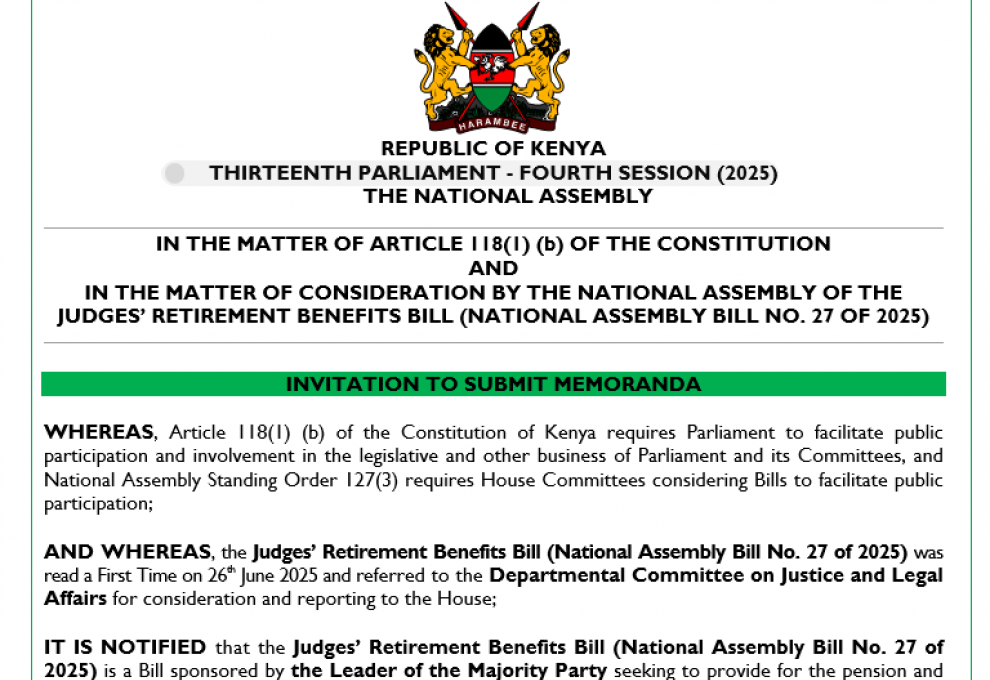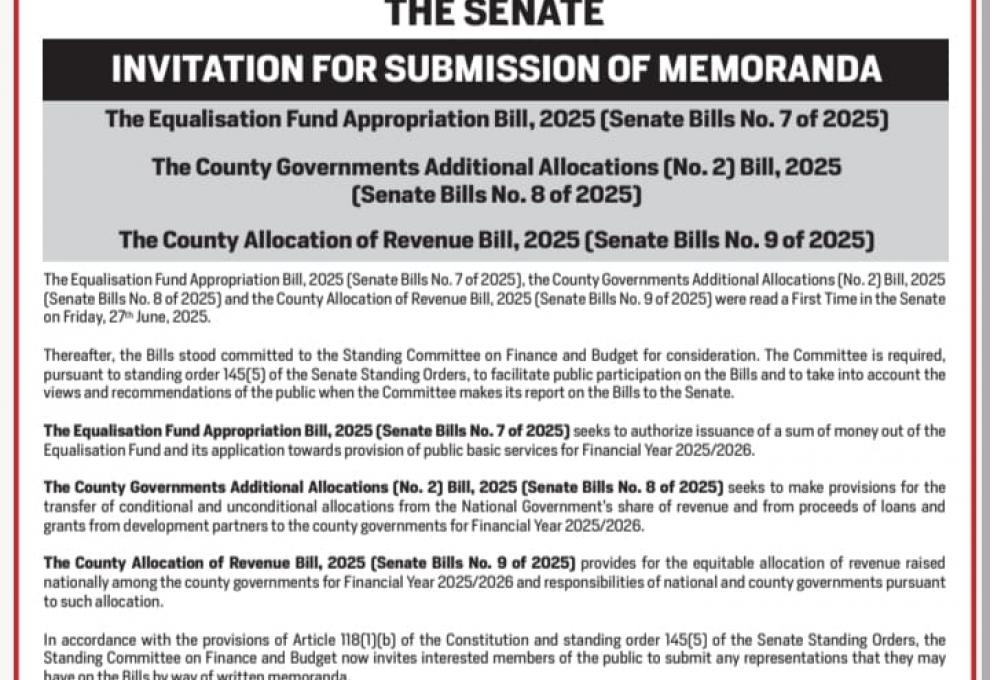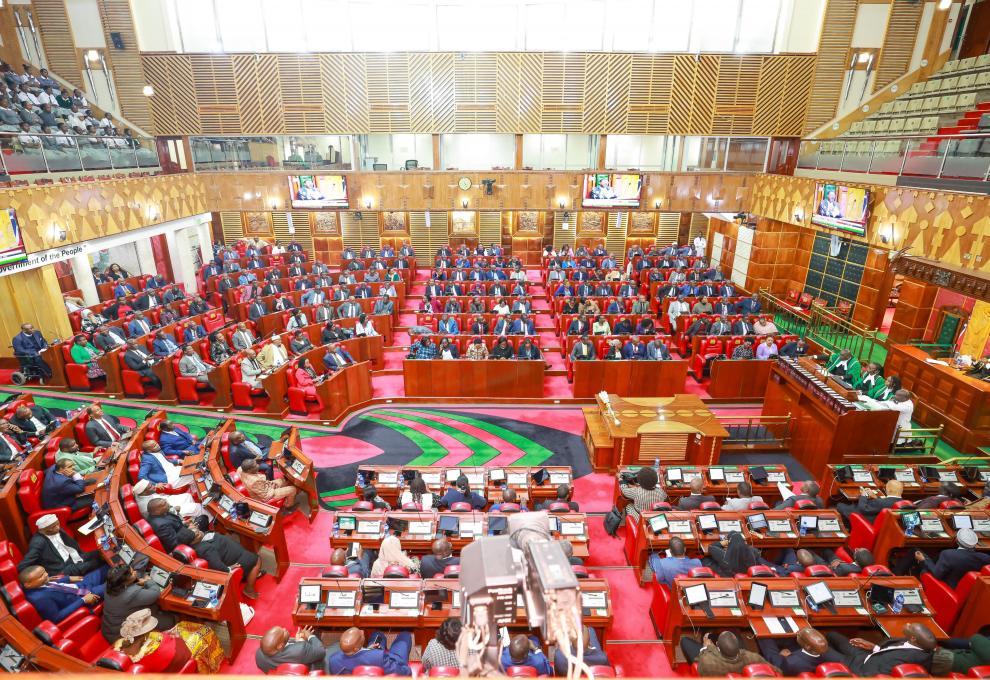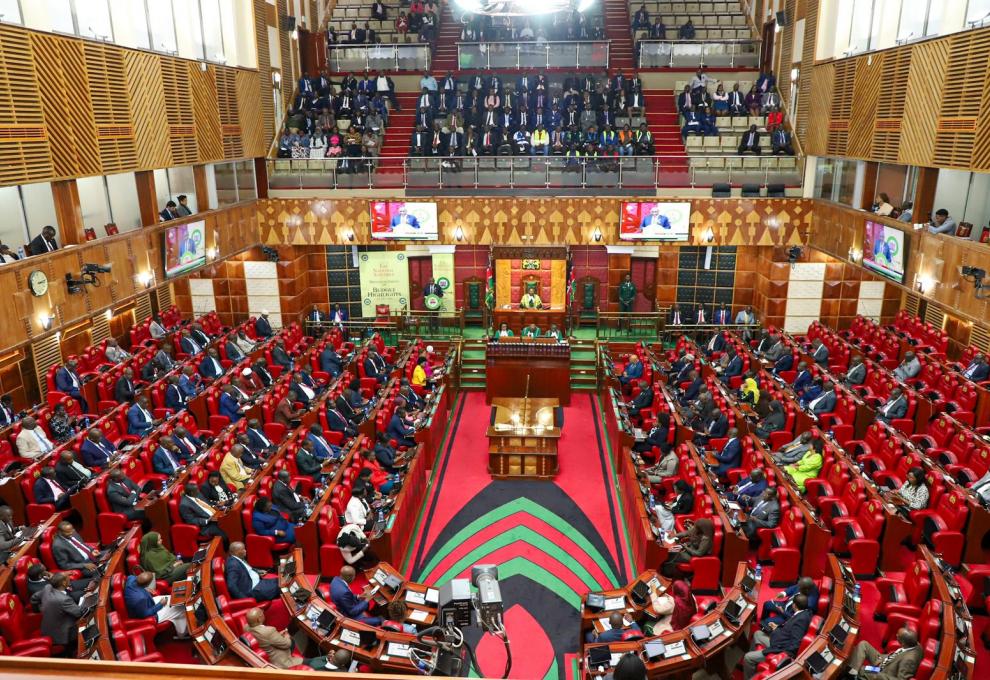𝐌𝐏𝐒 𝐌𝐀𝐊𝐄 𝐁𝐎𝐋𝐃 𝐑𝐄𝐂𝐎𝐌𝐌𝐄𝐍𝐃𝐀𝐓𝐈𝐎𝐍𝐒 𝐓𝐎 𝐑𝐄𝐕𝐎𝐋𝐔𝐓𝐈𝐎𝐍𝐈𝐙𝐄 𝐊𝐄𝐍𝐘𝐀'𝐒 𝐒𝐔𝐆𝐀𝐑 𝐈𝐍𝐃𝐔𝐒𝐓𝐑𝐘
A Parliamentary Committee has recommended the introduction of a 4% Sugar Development Levy to bolster cane development and revitalize Kenya's ailing sugar industry.
In a recent session led by Hon. Dr. John Mutunga, Chairperson of the Agriculture and Livestock Committee, Members of Parliament (MPs) engaged with representatives from the Agriculture and Food Authority (AFA) and the Sugar Directorate to discuss the Sugar Bill 2023.
Hon. Dr. John Mutunga, Chairperson of the Agriculture and Livestock Committee, stated, "We need substantial reforms to rescue our sugar industry from its current state of disarray and bring prosperity to both farmers and millers."
Central to the discussion was the proposal by the AFA to introduce a 4% Sugar Development Levy, which would provide much-needed support for cane development and the growth of the sugar sector. The suggested distribution of the levy outlined ambitious allocations, including funds for cane development, research and training, sugar industry infrastructure, administration of board and strategic reserves, Outgrowers Associations, and factory rehabilitation and maintenance.
Regarding Managament of the Levy, Lawmakers' recommended the reinstatement of the Kenya Sugar Board as a regulator for the sector while the Commodities Fund will oversee the management of the Sugar Development Levy. This dual approach aims to streamline operations and restore confidence in the industry.
Following extensive public participation across the country, Members of the Committee noted that the primary concern expressed by farmers and millers was the need for increased investment in cane research and development, as the maturity age of cane was causing delays in production.
According to documents submitted by AFA, the local consumption of brown sugar is 900,000 metric tonnes, highlighting the importance of a thriving cane industry.
In a bid to boost local sugar production, legislators further proposed that 25% for Sugar Development Levy be used in cane development while 25% for funding research into improved cane seed varieties and training.
In order to protect the interests of farmers and millers against cane poaching, Members of the National Assembly called for stricter regulations, standardized contracts, and clear penalties for any violations. Currently, contracts between farmers and millers lack adequate penalties, making enforcement difficult. The proposed legislation aims to rectify this situation and curb predatory behavior by millers.
During the meeting, Committee Members recommended the introduction of catchment areas, as suggested by the representatives of AFA, will encourage cane development and deter cane poaching. Members of the Committee also recommended the an indepth geo-spatial survey of Kenya's Sugar belt to cane growing areas and determine the number of millers that per area to ensure long- term sustainability.
Furthermore, the lack of leadership within Outgrowers Associations was raised as a pressing issue. Farmers during public participation had stressed the need for capacity building and empowerment to ensure the associations effectively represent their interests.
In response to these concerns, MPs proposed that the allocated funds be ring-fenced for capacity building, empowerment, and overall development. They also emphasized the necessity of robust regulation within the sugar sector to avoid mismanagement and misuse of funds, as observed during the tenure of the defunct Sugar Board.
Lawmakers' acknowledged the reforms being considered by the Committee are expected to bring about a much-needed transformation in Kenya's sugar industry.
Members of the Committee on Agriculture and Livestock have voiced their commitment to empowering farmers, addressing mismanagement for a revitalized and prosperous sugar sector.



